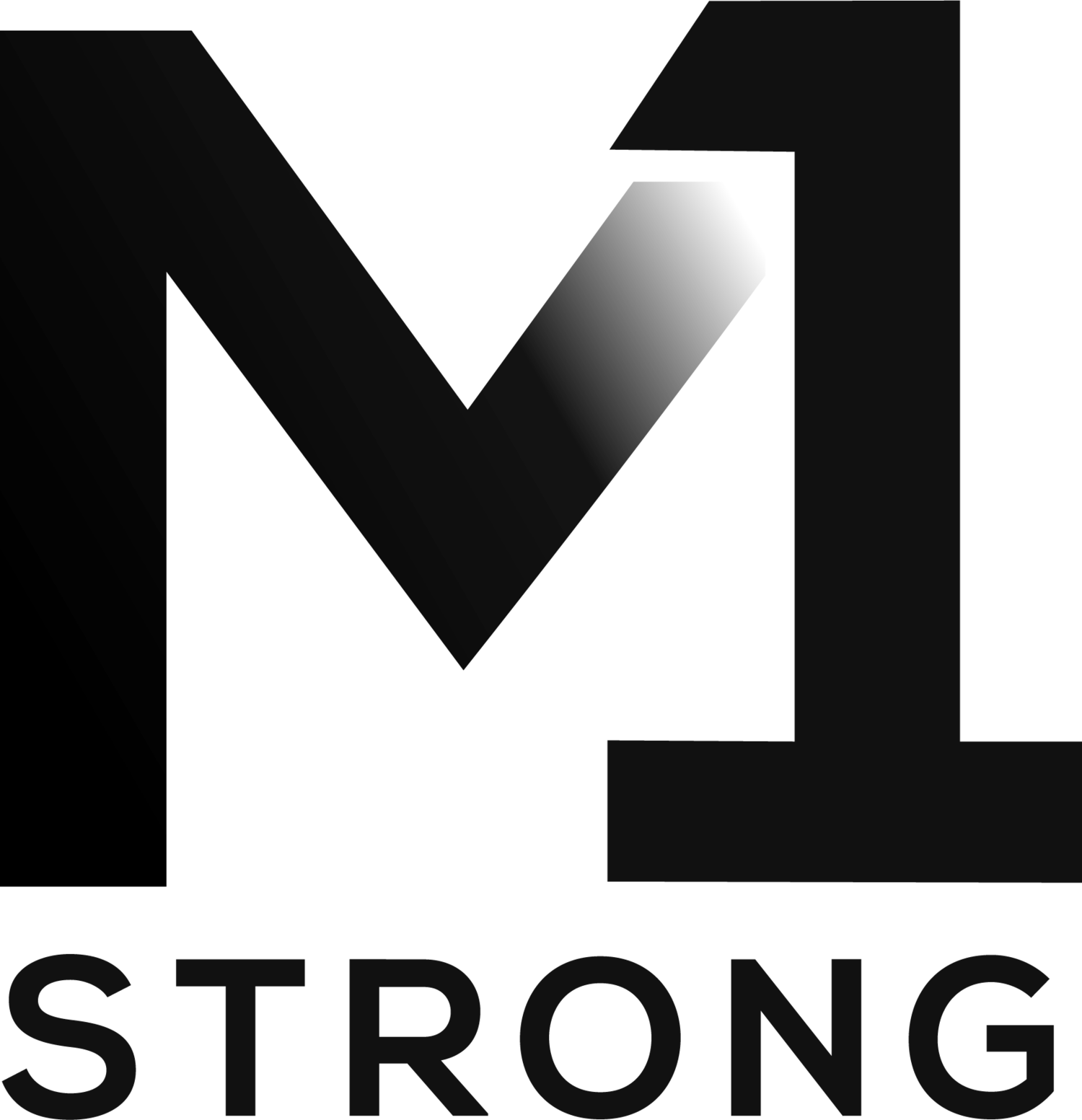Training Plateaus: A Guide to Changing up your Exercise Routine
Strength training programs require constant adjustment in order to challenge muscles and sustain growth. If you keep with the same program day in and day out, you will invariably find yourself hitting a plateau where muscle growth has all but stopped.
General adaptation syndrome; is the three-stage process that describes the physiological changes the body goes through when under stress.
Alarm Reaction Stage:
Refers to the initial symptoms the body experiences when under stress. Increased heart rate, adrenal gland release of hormones, and/or a boost in adrenaline.
Resistance Stage:
After the initial response to stress, the body begins to repair itself. As the body enters this recovery phase the body starts to return back to normal levels following the initial stressor.
Exhaustion Phase:
After enduring long periods of stress the body can start to feel the effects and experience physical fatigue, burnout, and or a decrease in energy if not provided with enough rest.
So, how do these 3 phases apply to training?
As an individual experiences a higher workload, whether it is more repetitions or weight the exertion causes fatigue within the muscle group. Stop at the first sign of soreness and your performance will not improve. Nonetheless, push yourself beyond in an intact manner, and you will be able to lift more weight and more repetitions as you advance.
It’s important that you not go too far. Overload is the concept where an athlete always pushes beyond where they currently are in order to improve. Not to be confused with overtraining, which is the result of insufficient rests during workouts, and lack of recovery can do damage. This is what happens in the exhaustion phase.
As the body goes through the phases of GAS week after week it begins to respond to the stress more efficiently. The volume and intensity of your training program at this point may not provide enough stress to cause the adaptations you may be looking for in a general fitness or sports performance program.
To experience continued improvements once your body adapts, you'll need to create progression of the load or intensity of your workouts; otherwise, your fitness benefits can cease. This is where the concept of periodization comes into play.
Periodization is a program design strategy that governs planned, systematic variations in training specificity, intensity, and volume.
There are ample proven benefits in the application of periodization:
Management of fatigue, reducing risk of over-training by managing factors such as load, intensity, and recovery
Ability to optimize performance over a specific period of time
Accounting for the individual, including time constraints, training age and status, and environmental factors.
There are multiple approaches when it comes to periodization, but the concept to understand is to incorporate a strategy into your training that includes systematic variations in specificity, intensity, and volume. In general, you should change movements every 2-4 weeks.
Beginners don't need much variety because they're still learning how to perform exercises with correct form and can make rapid gains just by focusing on adding a bit more weight than the last time. So sticking to the same movements for longer makes sense.
Advanced athletes require more variations to prevent plateaus. They have been training for years and have the ability to adapt quickly to new training loads and stress.
So, here are some ways you can avoid a training plateau:
Increase training intensity
Reps
Sets
Weight
Rest Period
Tempo
Change Exercise
You can target the same muscle group in a variety of ways. Be sure to incorporate a diverse group of movements that consistently challenge the body.
Change Training Structure
Exercise order
Workout structure
Amount of days a week you train
Goals
Part of periodization includes the application of different goals. It's important to change the focus in each phase of training. Whether its strength, power, cardiovascular, or hypertrophy rotating through each phase will allow the body to maximize its potential of adaptation and recovery to help you reach your fitness goals.
The body is an amazing machine. It’s ability to adapt to stress of exercise is truly remarkable and different for each individual entering into a fitness program. Many variables can affect the body's ability to adapt to training, but to ensure the body doesn’t plateau it's important to understand and use the principles of physiology to get the most out of your training program.
